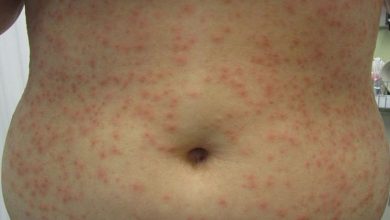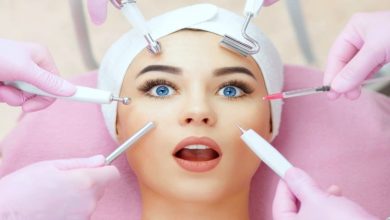Testosterone: The Hormone that Shapes Men, Myths, and Medicine – Evan Bass Men’s Clinic
Introduction
Testosterone, often dubbed the “male hormone,” is a steroid hormone with a profound impact on various physiological and psychological functions in humans. While it is most commonly associated with male sexual development and traits, its role is much more nuanced, influencing everything from muscle mass to mood. In this article Evan Bass Men’s Clinic aims to dispel some common myths and delve into the multifaceted functions and implications of testosterone in health and society.
The Basics: What is Testosterone?
Testosterone is produced primarily in the testes in males and in smaller amounts in the ovaries in females. It is responsible for the development of secondary sexual characteristics in males, such as facial hair, a deeper voice, and increased muscle mass. It also plays a role in maintaining sexual function, bone health, and various metabolic activities.
Roles and Functions
Physical Attributes
– Muscle Mass: Testosterone plays a crucial role in protein synthesis, aiding in muscle growth and strength.
– Bone Density: It helps maintain bone mass, thereby reducing the risk of conditions like osteoporosis.
– Fat Distribution: Higher levels of testosterone are linked to lower body fat percentages in men.
Psychological Aspects
– Mood and Well-being: Low levels of testosterone have been associated with depression, fatigue, and a general sense of malaise.
– Cognitive Function: Some studies suggest that testosterone can influence spatial abilities and mathematical reasoning, although more research is needed in this area.
Reproductive Health
– Sperm Production: Testosterone is vital for the production of healthy sperm.
– Sexual Function: It also plays a role in libido and sexual performance.
Myths and Misconceptions
Aggression and Risk-taking
While it is often claimed that testosterone drives aggressive and risky behavior, the relationship is far more complex. Environmental factors, upbringing, and other hormones also play a significant role in shaping behavior.
“More is Better”
The idea that more testosterone leads to heightened masculinity or better athletic performance is misleading. Excess testosterone can lead to mood swings, acne, and even more serious health risks like liver disease.
Medical Interventions
Testosterone Replacement Therapy (TRT)
This treatment is commonly used to address low testosterone levels in men and women, often due to aging. However, it’s not without risks, including potential effects on cardiovascular health.
Steroid Abuse
Anabolic steroids, synthetic variants of testosterone, are often abused for their muscle-building effects. This abuse can lead to a host of health problems, including liver disease and psychological disorders.
Gender, Society, and Testosterone
Testosterone has been a subject of societal interest and debate, particularly concerning issues like gender roles and athletic performance. While it does contribute to certain traits traditionally considered “masculine,” it is important to recognize that masculinity and femininity are complex constructs influenced by a multitude of factors.
Conclusion
Testosterone is a pivotal hormone that affects a wide range of physiological processes in both men and women. While it does play key roles in sexual development, muscle growth, and even mood regulation, it is not the sole determinant of traits like aggression or risk-taking behavior. As science continues to explore the intricacies of this essential hormone, it’s crucial to approach it with a nuanced understanding, free of stereotypes and myths.




